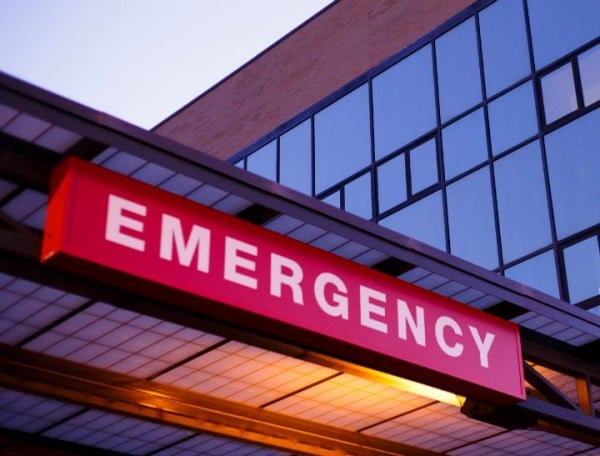
My 83-year-old mother is in hospital. I sat in the front seat of the ambulance, Mum’s handbag and a pair of slippers in my lap. This is it, I thought. This is the day it will happen. This is the day my mother will die.
What did we talk about when I saw her yesterday? Did we argue? Oh yeah, she’d told me to make sure I wore a greeny-browny silk scarf to the gig I was doing that night, and I’d suggested back that she stop telling me how to dress given I was over 50 now. Then she’d said that at my age I should always wear a nice scarf because your neck will always give you away no matter how well you take care of yourself.
Like Debrief Daily on Facebook.
The ambulance driver tried making conversation with me but all I could hear was the other ambo in the back with Mum.
‘Can you hear me, love?’ he asks her.
‘Does she speak English?’ he asks me.
‘Yes. Very well.’ I tell him. ‘Her English is better than mine. She corrects my grammar and she reads voraciously and she was an English teacher and she’s very smart and independent and…’
It must have been her Italian surname.
‘We’re taking you to the hospital now love. Your daughter’s here.’
‘Mum? I’ve got your bag.’ Like she cares about her bag.
I’d expected to sit in the back of the ambulance with her. You know, holding her hand reassuringly. But they don’t let you do that in real life apparently. So I’m sitting up front and the driver is asking me something again but I can’t make out what she’s saying.

